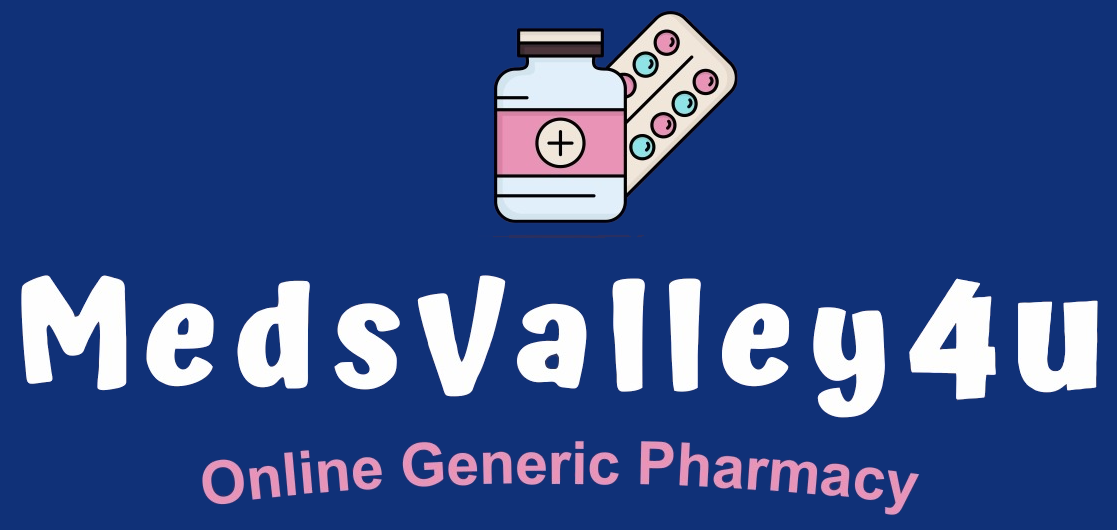Eight Unknown Facts About Your Penis.
The penis, while often discussed, remains a topic of many misconceptions and unknown facts. Despite its importance in sexual health and reproduction, many men are unaware of various aspects of this organ. Below, we explore eight lesser-known facts about the penis that can enhance your understanding and appreciation of this vital part of male anatomy.
1. The Penis Has Three Main Parts
Most people are familiar with the external structure of the penis, but it consists of three main parts:- Root: The root is the portion of the penis that attaches it to the pelvic wall. It includes the bulb and the crura (two legs) of the penis.
- Body (Shaft): The shaft is the elongated part of the penis. It is made up of three columns of erectile tissue, which play a crucial role in sexual arousal and erection.
- Glans: The glans, or the head of the penis, is the sensitive tip that houses the urethral opening. This area is rich in nerve endings, making it highly sensitive and integral to sexual pleasure.
2. The Size Doesn't Always Matter
Many men worry about penis size, often comparing themselves to societal standards or myths propagated in popular culture. However, research indicates that penis size does not correlate with sexual satisfaction for partners. Studies suggest that factors such as emotional connection, communication, and technique are far more critical in satisfying sexual experiences than size. Additionally, an average erect penis size is typically between 5 to 6 inches in length, and most partners report being satisfied with this size. Understanding this can alleviate unnecessary anxiety and boost self-confidence.3. Erections Are Not Just for Sex
While erections are often associated with sexual arousal, they serve various physiological purposes. Erections can occur for several reasons, including:- Nocturnal Erections: During sleep, men typically experience several erections, known as nocturnal penile tumescence. This phenomenon occurs during REM sleep and is a sign of healthy blood flow and nerve function in the penis.
- Physiological Response: Erections can also occur in response to non-sexual stimuli, such as physical sensations, certain medications, or even random occurrences. This physiological response indicates the penis's overall health and functionality.
4. The Penis Contains No Bones
One common myth about the penis is that it contains bones. The penis does not have any bones. Instead, it consists of soft tissue, blood vessels, and erectile tissue. The erection process relies on blood flow, where the erectile tissues fill with blood, causing the penis to enlarge and become firm. The absence of bones means that there is a degree of flexibility in the penis. While this can help with sexual activity, it can also lead to situations where a man might experience penile fractures, which, while rare, can be serious injuries caused by trauma during sexual activity.5. The Penis Has Its Microbiome
Just like other areas of the body, the penis has its unique microbiome—the community of microorganisms that live on and in it. These microbes play a role in maintaining skin health and protecting against infections. A balanced microbiome can help prevent conditions such as balanitis (inflammation of the glans) and other infections. Maintaining proper hygiene, including regular washing and avoiding harsh soaps, can support a healthy microbiome. It's essential to recognize that sexual practices and partners can also influence the penile microbiome.6. Circumcision Is a Personal Choice
Circumcision, the surgical removal of the foreskin, is a common practice in some cultures but not in others. The decision to circumcise can be influenced by cultural, religious, medical, and personal beliefs. While some studies suggest that circumcision may reduce the risk of certain infections and sexually transmitted diseases, it is essential to note that many uncircumcised men can maintain good hygiene and health without the procedure. The choice to circumcise should be made based on informed discussions with healthcare providers and consideration of personal values.7. The Penis Can Change with Age
As men age, changes in the penis can occur, which is a normal part of the aging process. Some of the common changes include:- Reduced Erectile Function: Many men experience a decline in erectile function as they age, which can be attributed to reduced testosterone levels, decreased blood flow, or underlying health issues.
- Size Changes: Some men may notice a decrease in penis size due to loss of elasticity in the erectile tissues and changes in fat distribution in the pubic area.
- Increased Sensitivity: Conversely, some older men report heightened sensitivity, particularly in the glans, which can enhance sexual pleasure.
8. Healthy Lifestyle Choices Matter
The health of the penis is closely linked to overall health and wellness. Lifestyle choices can have a significant impact on erectile function and sexual health. Here are some key areas to consider:- Nutrition: A balanced diet rich in fruits, vegetables, whole grains, and lean proteins can support blood flow and cardiovascular health, which is crucial for erections.
- Exercise: Regular physical activity can enhance circulation, boost testosterone levels, and reduce stress, all of which contribute to a healthy sex life.
- Avoiding Smoking and Excessive Alcohol: Smoking can impair blood flow and lead to erectile dysfunction. Similarly, excessive alcohol consumption can negatively impact sexual performance and overall health.
- Regular Health Check-Ups: Routine medical check-ups can help identify underlying health conditions such as diabetes or hypertension, which can affect erectile function.





